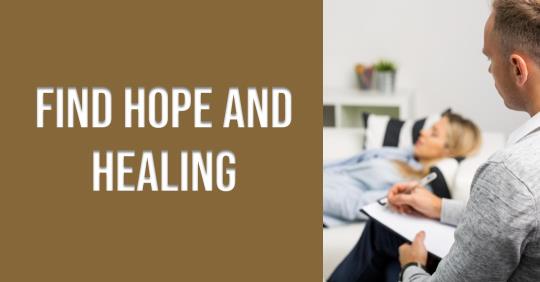The outbreak of COVID-19 has created many unusual challenges for those who need help with addiction problems. With restrictions causing facilities to turn away new patients and even shut down temporarily, many people who needed additional support faced a dangerous and potentially life-threatening lack of care. If you’re worried about addiction treatment care during the pandemic, this post is for you.
COVID-19/Coronavirus and Addiction
The rise of COVID-19 has dramatically affected several elements of addiction care.
With social distancing protocols, curfews and temporary lockdowns set in place, feelings of stress, loneliness, depression, boredom, isolation, and many other issues have become more significant problems are the pandemic rages on. For addicts, this was an extremely dangerous and often fatal set of circumstances. In fact, drug overdoses from opioids alone rose by 27% during the first year of the pandemic.
COVID-19 would also prove to be a trigger to start using again.
Are Rehab Facilities Open and Safe?
The answer is YES.
There are preventative measures in place to ensure that rehab facilities are COVID-19 free and safe. Rehabilitation facilities are considered an essential service and remain open, even with a worldwide pandemic.
There can be a real danger of getting alcohol poisoning or having a drug overdose for those struggling with drug or alcohol dependence.
Rehabilitation facilities remain open to over high-quality treatment for those who need help and need the support of medical professionals to recover from their addiction.
Should I go to Rehab Despite COVID-19?
There can be the temptation to stay home and begin your recovery once COVID-19 has ended. However, the best thing you can do for yourself is to start your recovery today.
Continuous isolation is not healthy for anyone and those with addiction problems; this can be dangerous to your health. As the feeling of loneliness continues to grow, the urge to start using again is not far behind.
Many people have said they are tired of being stuck at home and use drugs and alcohol as a crutch. If you feel the same,take it as a sign to enter a rehab treatment program and start your new life today.
The Shift to Telemedicine
As the pandemic has continued, it has become commonplace for substance abuse disorders to be treated over video calls, also known as telemedicine. Initially, the pandemic was a bit of a curveball, as many clinics and other community support programs were unprepared. They had to close their doors suddenly, and for an unexpectedly long time.
This change, however, has been a bit of a blessing in disguise. Because there were so many closures, many insurance providers saw telemedicine and telehealth as a workable way to help treat people trying to recover from an addiction.
It has now become standard practice for support groups like Narcotics Anonymous and Alcoholics Anonymous to hold virtual group meetings. Insurance providers, like Medicaid, have lifted restrictions on telehealth for things like behavioral and addiction treatment programs.
With better access by using virtual support groups and telemedicine, people working on their recovery have more flexibility in finding the care they need. Some addiction experts have noticed that this access to telemedicine has allowed people who were still considering seeking help to start their recovery process sooner.
To find telemedicine resources and help you jumpstart your recovery, click here.
Aspen can Help
Taking the first step in treatment for drugs or alcohol dependence is scary, but you don’t have to do it alone. Let our team of medical professionals and recovery experts guide you as you learn how to handle the stressors of a sober life.
Our team is ready to help you with every step of your road to recovery and to help change your life for the better. Contact the Aspen Behavioral Group to learn how we can help.



